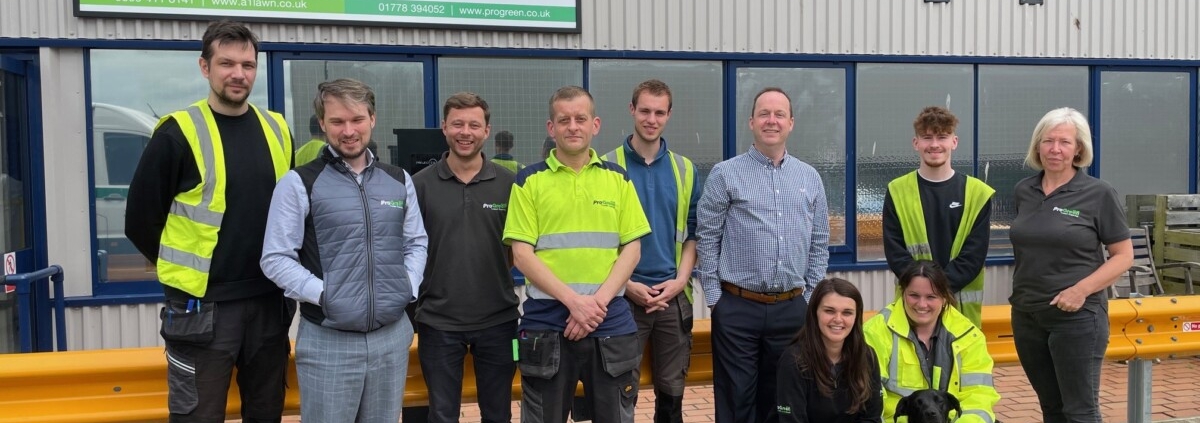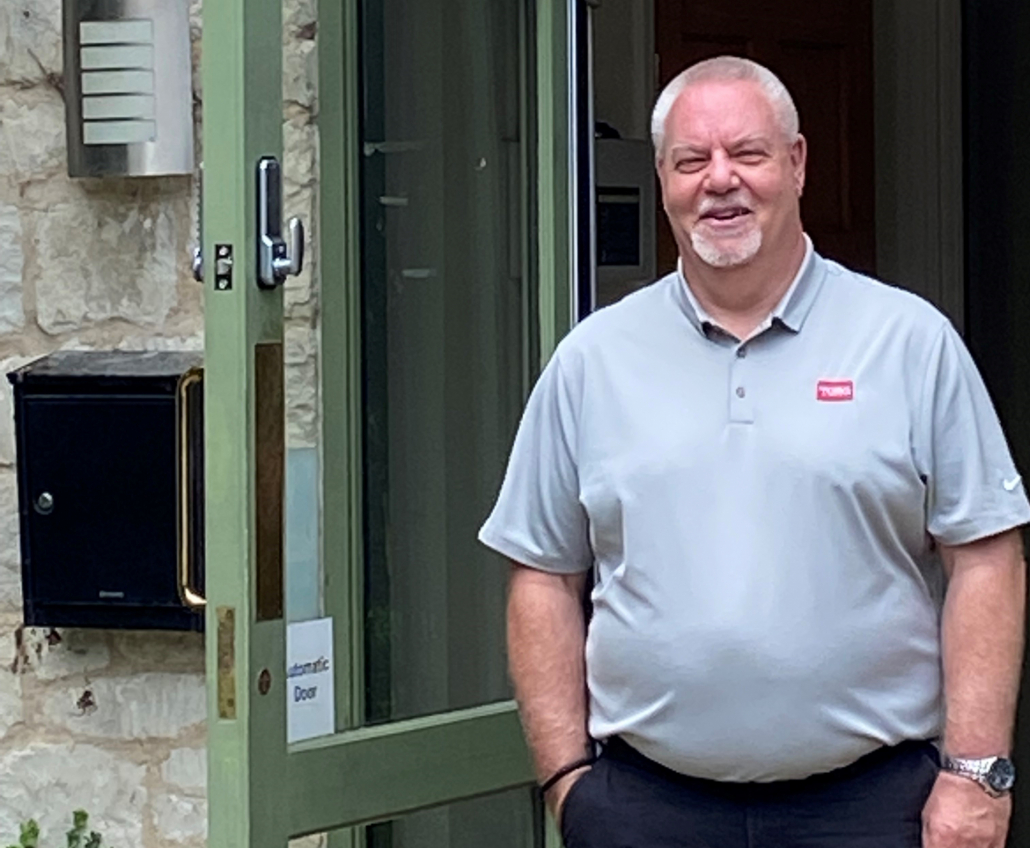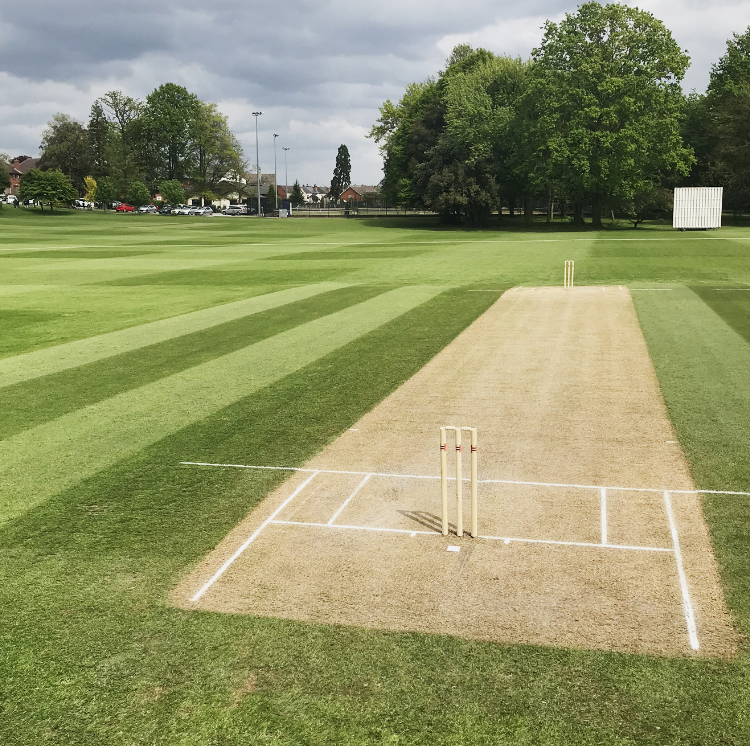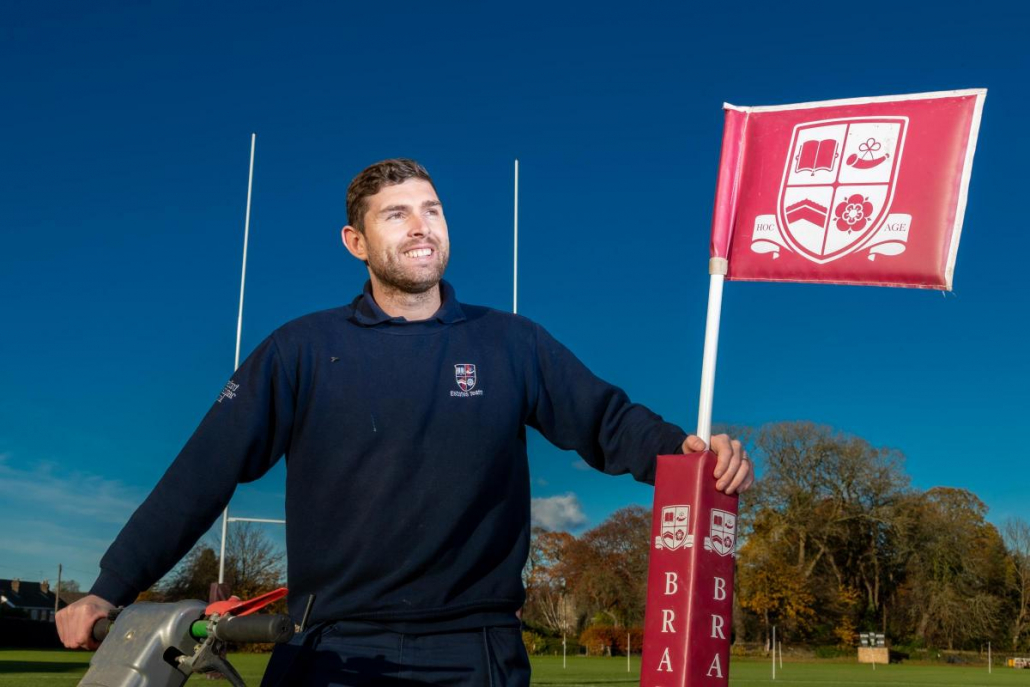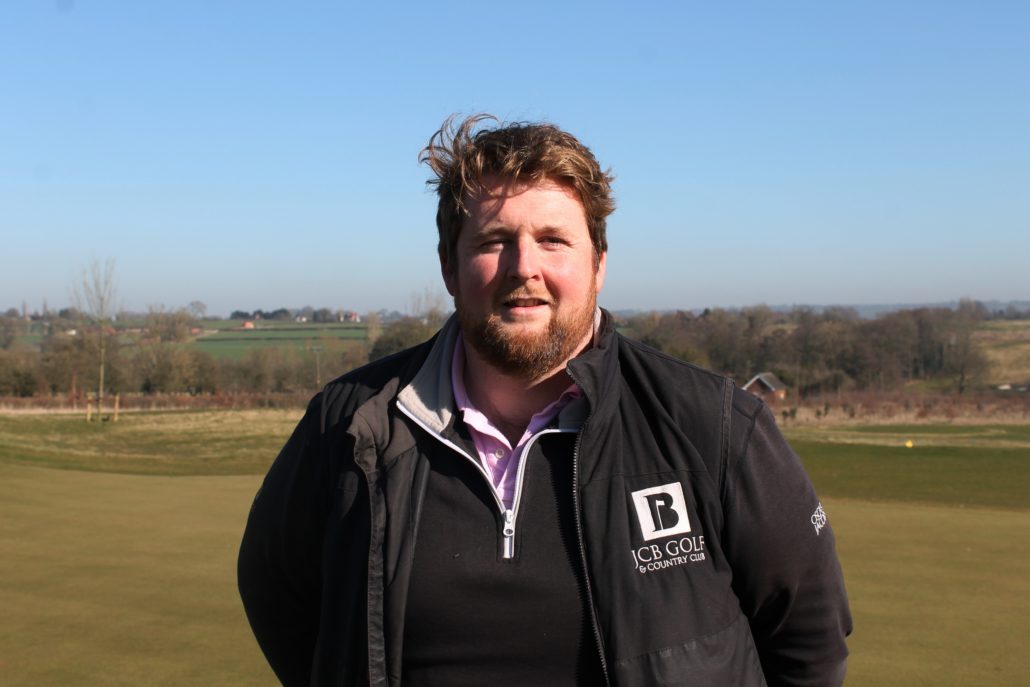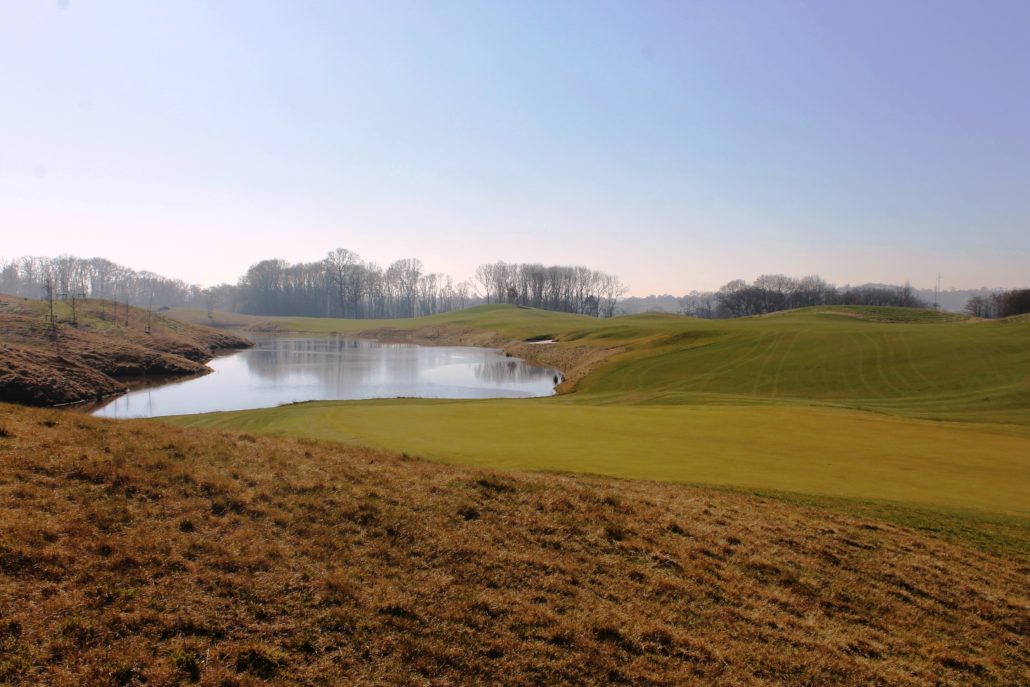Barry lands exciting new role
Barry lands exciting new role: When people say the grass isn’t always greener on the other side, Barry Browne is among those who scan the landscape and honestly say that for him and his team it absolutely is.
With 20 years of industry experience Barry is ideally positioned to lead the growth of ProGreen, a highly-regarded business which supports a range of sectors around the UK and Ireland.

Barry lands exciting new role
ProGreen, owned by the part employee-owned WCF Ltd, is a specialist business which ensures the likes of top golf courses, Premier League football pitches, famous country houses and estates, Commonwealth War Graves and a range of landscaping environments including holiday parks and highways, look their best thanks to their market leading products, bespoke training and expert advisers.
ProGreen is well-known for offering trusted advice with its knowledgeable and professionally qualified team ensuring its customers receive the optimum product or service for their needs.
It also offers both conventional classroom-based training on the safe use of pesticides and e-learning courses in a range of sectors.
Through its own Peterborough-based operation and its link-up with Amazon it supplies a wide range of weed killers, moss and algae control products, fertilisers and grass seed, as well as providing a comprehensive range of sprayers, granule application equipment and accessories.
Barry, who was appointed as ProGreen’s General Manager earlier this year, knows this industry inside out, and when the opportunity arose to join the company he knew it was an ideal fit.
Barry said: “When I met with Phil Muray (WCF’s Deputy Managing Director) I knew that ProGreen and I were on the same journey.
“I know how to grow this business and what its potential can be. It can really take off from where it is. It is highly regarded and trusted by its suppliers and customers and has an ideal platform to grow.
“The team here is amazing. The level of qualifications they have and the specialist knowledge they can share with customers is second to none. From soil analysis to their training portfolio, from fertilisers to sprayers, they are trained to give the best possible advice so that customers get the right products for their particular situation and scenario at the right price.
“We build long-term relationships with customers, whether that’s large businesses and organisations or individual consumers – we treat them all with the same attention and respect.
“They trust our advice and our products and we are there for them to hold their hand and share our knowledge with them through the process.”
Among the diverse sectors of ProGreen’s corporate clients are:
- agriculture businesses
- commercial contract spraying companies
- football clubs
- golf courses
- local authorities
- highways
- housing developers
- shopping centres and retail parks
ProGreen also ensures its team are trained to give the latest up-to-date advice on a range of emerging topics, from Biodiversity Net Gain legislation with advice on trees, grasses, meadows and wildflowers; to the latest changes in planning developments; from advice on dealing with invasive plants like knotweed, buddleia and bamboo to some of the more unusual issues such as from outbreaks of bed bugs affecting the hotel and leisure industry.
“We can advise customers on a whole range of issues,” said Barry. “When housing developers are wanting a wildflower meadow for example we are able to advise on the best UK native wildflowers which will support the British bee population, which in turn will provide the best, long-term, sustainable net gain.
“Whatever the challenge, the ProGreen team is available to discuss the best solution for the customer,” said Barry.
Phil said: “We are delighted to have brought Barry on board to lead our expert team at ProGreen. Barry is an ideal fit for our business and our people and brings with him more than 20 years of experience in this sector.
“We are excited about how the company can grow by expanding our offering and building on our excellent reputation for providing our customers with top quality advice, training, products and services.”
As well as being available online, over the phone and in person, the ProGreen team also exhibits and demonstrates at a range of major trade events including:
- UK Lawn Care Association Summer Festival at Brailsford Golf Club, Derbyshire on June 26;
- GroundFest, Stoneleigh Park, Warwickshire; September 10 & 11;
- FutureScape Landscape and Trade Exhibition, Excel, London, on October 15 & 16.
For more information visit https://www.progreen.co.uk
For the latest industry news visit turfmatters.co.uk/news
Get all of the big headlines, pictures, opinions and videos on stories that matter to you.
Follow us on Twitter and Instagram for fun, fresh and engaging content.
You can also find us on Facebook for more of your must-see news, features, videos and pictures from Turf Matters.


